Category: Gaming
-

Personalized, gamified, inhibitory control training for weight loss
Evan Forman, Michael Wagner, and Drexel colleagues have developed Diet DASH, a brain training game meant to inhibit sugar-eating impulses. A recent study using the the game examined the impact of highly personalized and/or gamified inhibitory control training on weight loss, using repeated, at-home training. The trial randomized 109 overweight, sweet-eating participants , who attended a workshop on why…
-
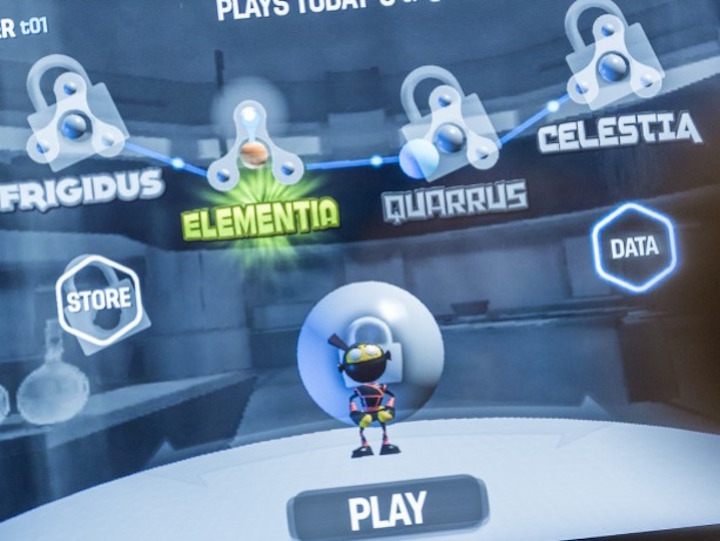
Video games studied to treat late-life depression
UCSF’s Joaquin Anguera and UW’s Patricia Arean have published a study detailing the use of video games to treat late life depression. They claim that the EVO interface targets underlying cognitive issues associated with depression, and does not simply manage systems. The game, developed by Akili, is meant to improve focus and attention at a “basic neurological…
-

Game navigation uncovers early dementia signs
Sea Hero Quest is a smartphone game that follows the journey of a sea explorer who has lost his memories. It is being used as a tool to uncover early dementia symptoms for research purposes. One of the first symptoms of dementia could be a loss of orientation. Gamer decisions and movements will help researchers…
-
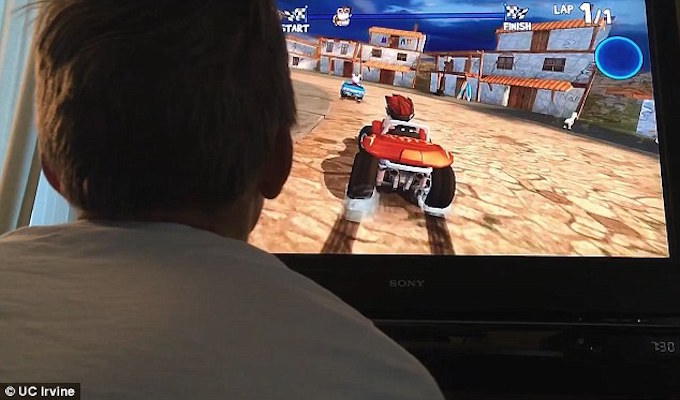
3D games boost memory test performance
A study by UC Irvine professor Craig Stark has shown that playing 3D video games can boost performance on memory tests by up to 12 percent. (This is the typical percentage of lost memory function from ages 45 – 75.) 69 non-gamer college students were split into 3 groups. For two weeks, 2 groups played either a 2D…
-

VR game to combat anxiety
Games designed to improve attention and memory are growing rapidly. Now the neurogaming movement is tackling panic and stress. Deep is an Oculus VR based game by Owen Harris that is meant to relieve symptoms of anxiety. The headset, headphones, and a belt that matches a player’s breathing with on-screen movements, are used to encourage breathing…
-
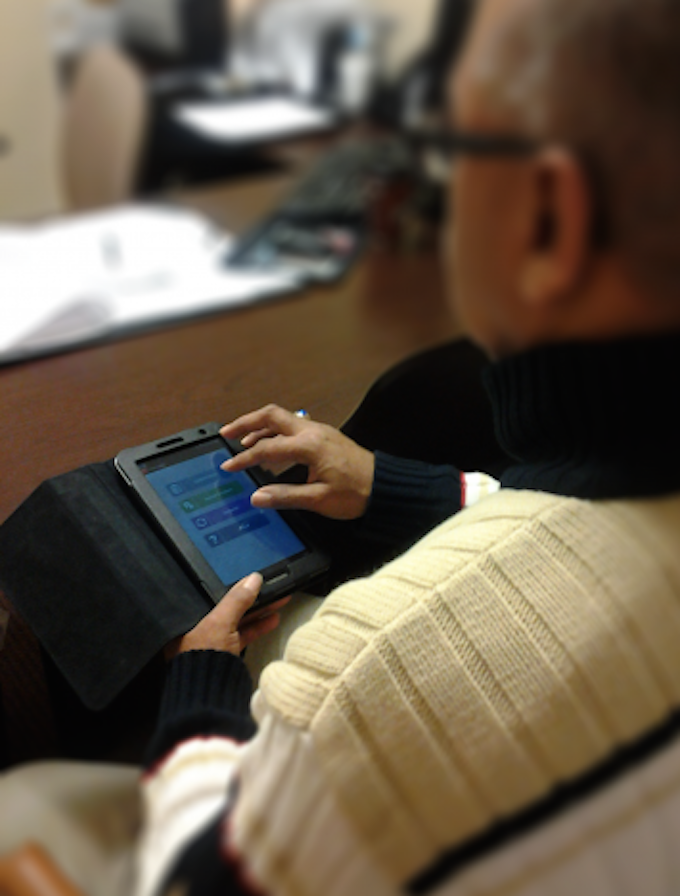
Interactive senior health and brain training app
Notre Dame’s Nitesh Chawla has created eSeniorCare, a personalized, social app to help seniors age in place. Several existing apps track data. eSeniorCare is meant to engage and stimulate seniors, and be interactive. Users can connect with carers by sending questions and concerns through text or voice recordings. Health goals are tracked and sent to supporters who…
-
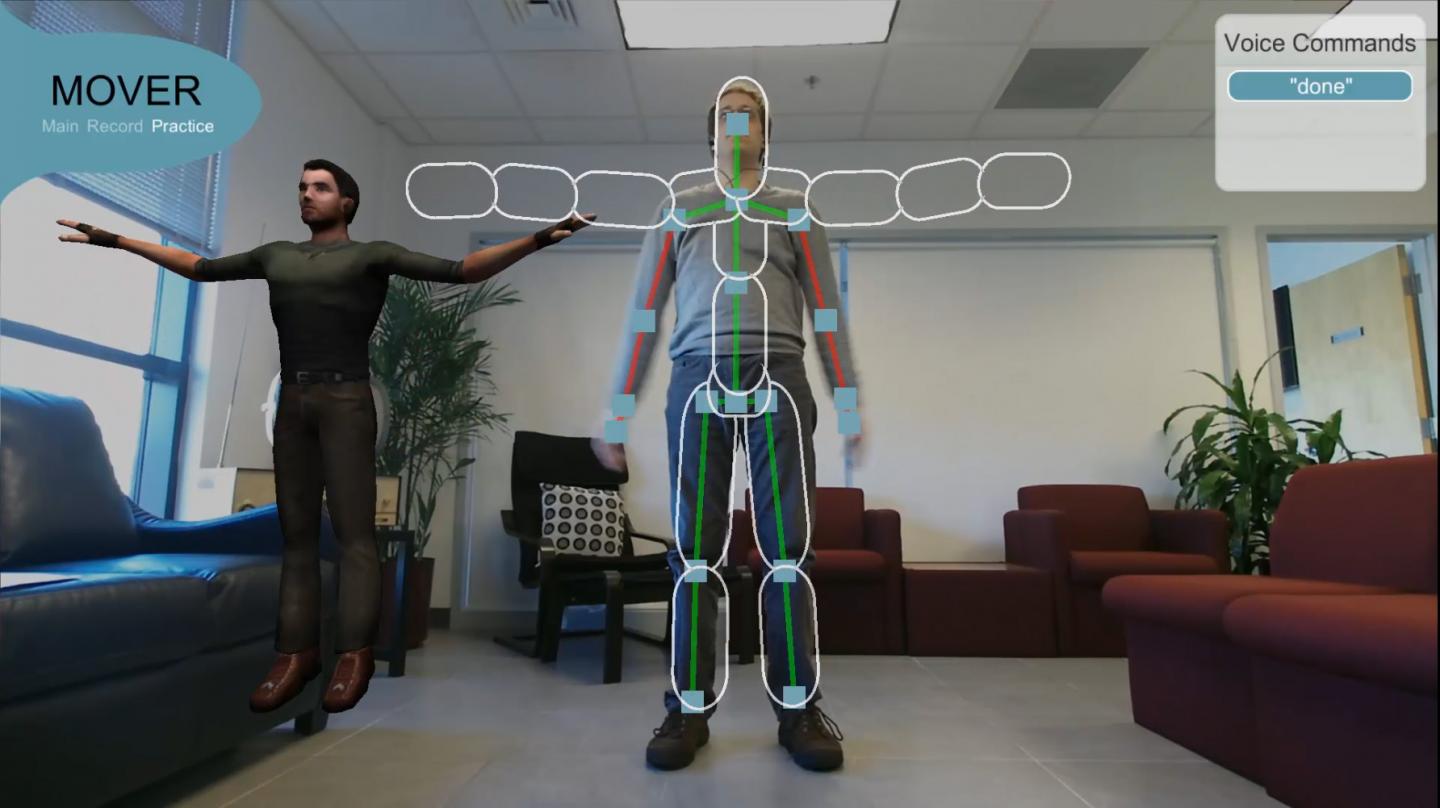
Virtual coaching for TBI patients
The Office of Naval Research is developing MOVER (Mobile, Virtual Enhancements for Rehabilitation) to help TBI patients maintain therapy regimens. Confusion, forgetfulness or depression can prevent injured veterans from completing necessary exercises for rehabilitation. Featured movements include including lunges, knee raises and squats, which are standard for TBI therapy. When a user turns on a…
-
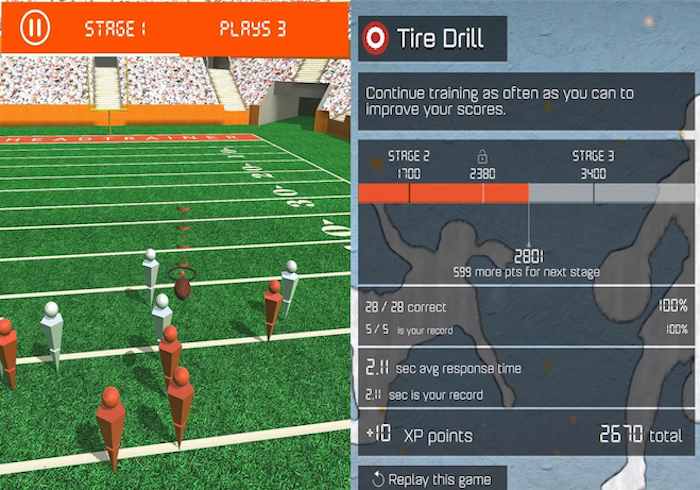
Sport performance game app to train the brain
Games are increasingly recognized as a method of enhancing cognitive abilities. HeadTrainer is meant to improve the brain with 5-10 minutes of daily gameplay. The sports games were designed to exercise 5 cognitive skills: decision making, processing speed, focus, memory, and visual/spatial awareness. Developer Deborah Attix of Duke University focused on testing and training the brain with…